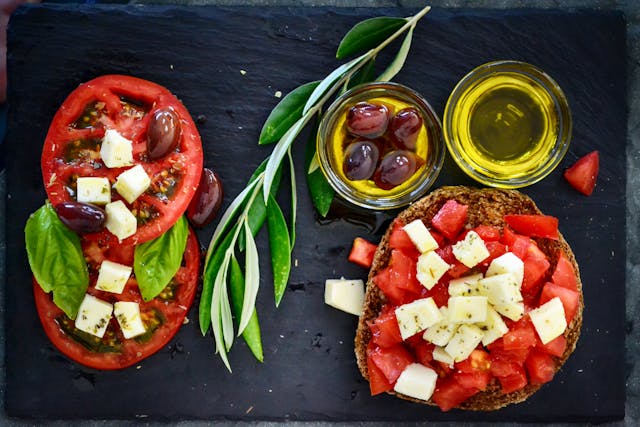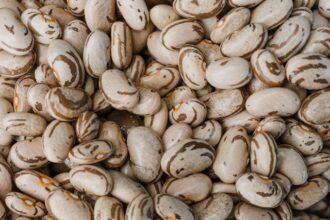Adjunctive treatments aiming to assist infertile women in achieving pregnancy through IVF, particularly for those who have had unsuccessful attempts in the past, have become increasingly commonplace in both the preparatory and active phases of treatment cycles. A recent in-depth review of the effectiveness of various dietary supplements and nutritional regimes thought to enhance IVF outcomes has highlighted the Mediterranean diet as a singularly clear and evidence-backed option for improving success rates, in stark contrast to the outcomes associated with a Western diet.
The investigation into nine popular nutritional supplements revealed a landscape of variable and often questionable quality evidence. This analysis, conducted by Professor Roger Hart from the University of Western Australia and City Fertility in Perth, Australia, has been published in the peer-reviewed journal Reproductive Biomedicine Online.
Professor Hart pointed out the widespread but poorly documented use of nutritional supplements in IVF treatment, noting that these supplements are typically self-administered by patients who purchase them online or over-the-counter, making reliable data on their use scarce. Despite the lack of solid usage data, the enthusiastic discussions on IVF forums online suggest a high level of public interest and widespread consumption.
Among the supplements reviewed, which included dehydroepiandrosterone (DHEA), melatonin, co-enzyme Q10 (CoQ10), and others, certain ones like DHEA and CoQ10 showed some promise in studies, offering benefits over standard treatments in cases of poor response to previous IVF attempts. Melatonin also showed potential benefits, though its optimal patient group and dosage remain unclear.
In contrast, the backing for the Mediterranean diet as a beneficial approach during IVF is robust, supported by numerous well-conducted randomised clinical trials. These trials have demonstrated positive effects on embryo development and pregnancy outcomes, even from interventions as brief as six weeks. The diet’s beneficial characteristics include a high intake of fruits, vegetables, whole grains, legumes, nuts, fish, and mainly monounsaturated or polyunsaturated fats, with minimal consumption of highly processed foods. It is rich in B vitamins, antioxidants, omega-3 polyunsaturated fatty acids, and fibre while low in saturated fat, sugar, and sodium. Omega-3 fatty acids, in particular, have been extensively studied in IVF contexts due to their general health and reproductive benefits, with evidence suggesting potential improvements in clinical outcomes and embryo quality.
However, when it comes to antioxidants, despite being widely used in combination supplements, the evidence from a significant review encompassing 63 studies on antioxidants in reproduction was of low quality. It failed to demonstrate any clear benefits for live birth rates.
From this comprehensive body of evidence, Professor Hart recommends a straightforward nutritional strategy for enhancing IVF success: adopting a Mediterranean diet. For women who have previously responded poorly to ovarian stimulation, pre-treatment with COQ-10 and DHEA could be beneficial, and omega-3 fatty acid supplementation may improve specific clinical and embryological outcomes. Additionally, he stresses the importance of adequate folate supplementation for all women trying to conceive and advises consulting with a healthcare provider to ensure optimal general health for conception.
More information: Hart RJ et al, Nutritional supplements and IVF: an evidence based approach, Reproductive BioMedicine Online. DOI: 10.1016/j.rbmo.2023.103770
Journal information: Reproductive BioMedicine Online








